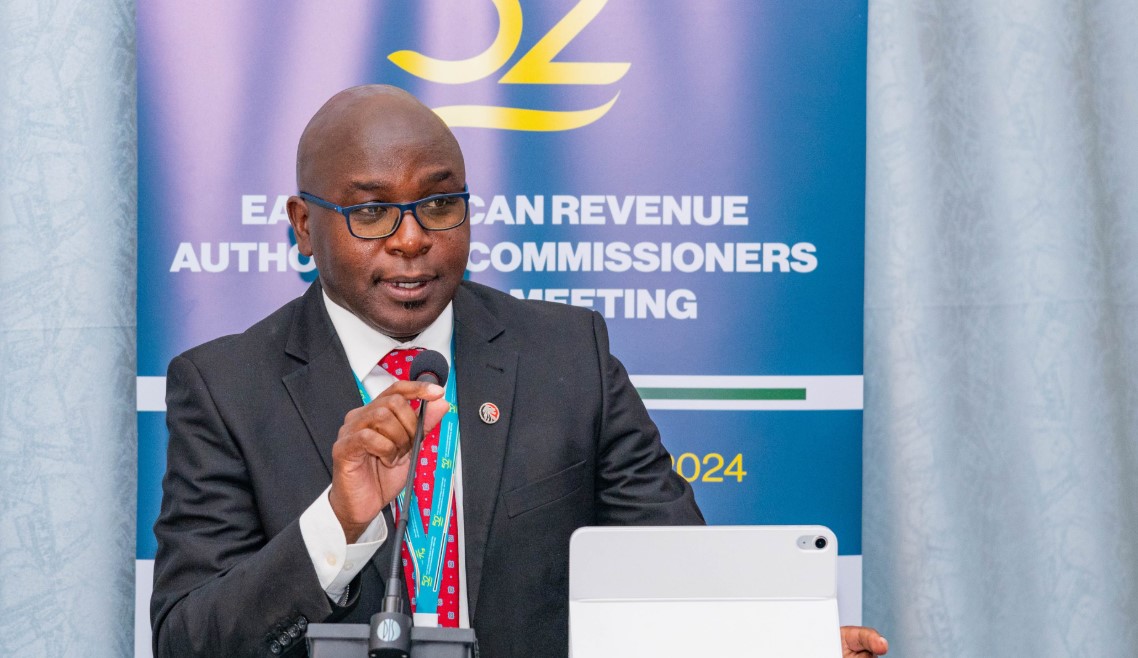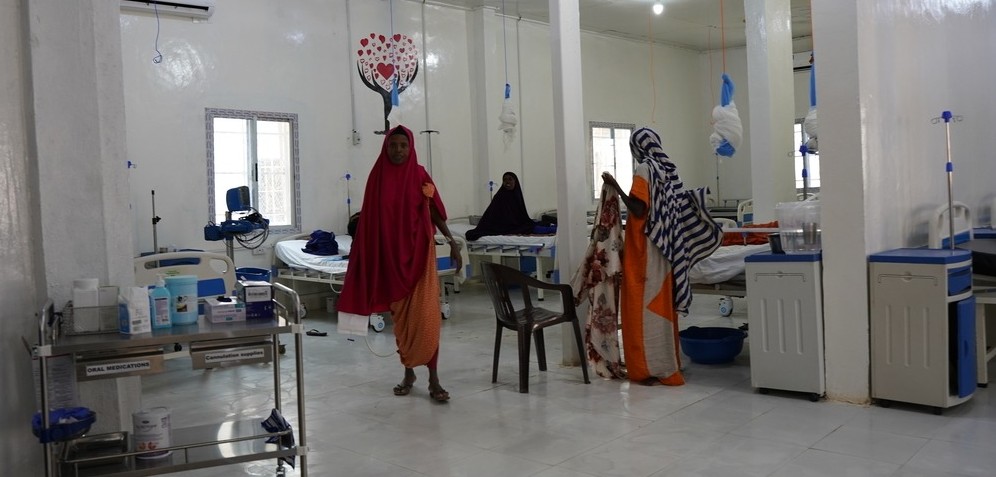State says free university education unachievable in Kenya for now

The government says it will require Sh990 billion annually to fund higher education students.
The government has dismissed the feasibility of free university education under the current economic strain, saying it will require Sh990 billion annually to fund higher education students.
Appearing before the National Assembly’s Public Investment Committee on Governance and Education, University Fund (UF) Chief Executive Officer George Monari stated that such an initiative is currently financially unviable.
More To Read
- MPs slam university leaders over audit hearing preparedness
- Public universities on brink of collapse as wage bills soar
- Kenya’s public schools on the brink amid illegal fees, funding shortfalls
- HELB loans awarded to 136,000 first-time university students as government caps fees
- Education CS Julius Ogamba defends 40 per cent varsity fee cut, cites higher enrolment
- KUPPET proposes overhaul of funding, abolition of bursaries in fresh push for fully free public education system
“It’s going to be very difficult to have free university education in the country, so we moved from the differentiated unit cost model to the new funding model that focuses on equity. We would need Sh990 billion to implement free education,” Monari told MPs.
Monari’s comments were prompted by questions from Kiminini MP Kaikai Bissau, who questioned if Kenya could adopt a model similar to the UK, where free university education has been implemented.
However, while echoing Monari’s comments, Kenya Universities and Colleges Central Placement Service (KUCCPS) CEO Mercy Wahome highlighted that the burden of financing higher education has become a topic of debate in many countries grappling with economic challenges.
“Providing free university education is difficult. If we look at trends globally, including in neighbouring countries like Uganda and developed nations such as the UK, there’s debate over whether such programs can be sustained economically," Wahome added.
Funding frozen
Monari further disclosed that the funding for the first and second cohorts under the new university funding model had been frozen after the High Court issued conservatory orders halting its implementation.
He defended the new approach arguing that the previous differentiated unit cost (DUC) model had contributed to a debt crisis, with universities now carrying debts totalling Sh74 billion.
“The former DUC model isn’t entirely effective; it’s actually caused a Sh74 billion debt crisis in universities. This is why we introduced the current model, which funds students directly,” he said.
Despite this, the MPs urged the Ministry of Education to reconsider the previous funding structure, citing legal challenges that have disrupted the new model’s implementation.
Embakasi West MP Mark Mwenje criticised the current funding situation, saying, “You’re saying we can’t go back to the old model, yet the new model isn’t working. Right now, we essentially don’t have a model, and students are left uncertain about their education.”
The new funding model faced a significant challenge on October 3 when the High Court suspended its implementation for the second year.
Should the government choose not to appeal, it will likely have to revisit its funding strategy, a move that could affect more than 250,000 students who are left uncertain about the future of their education.
Top Stories Today













































